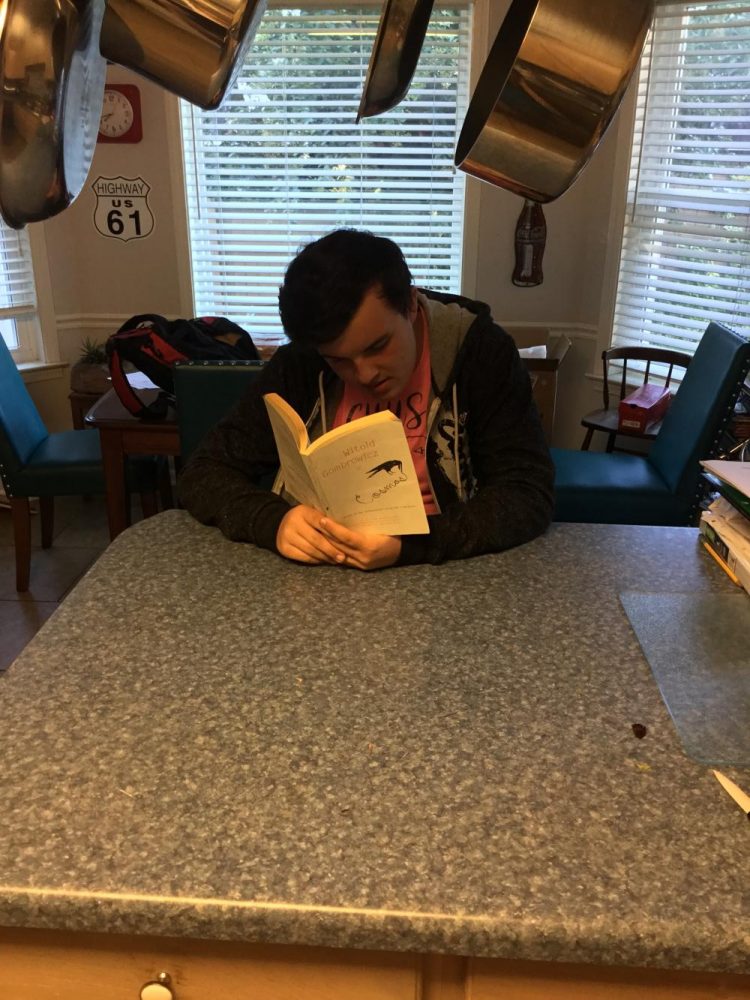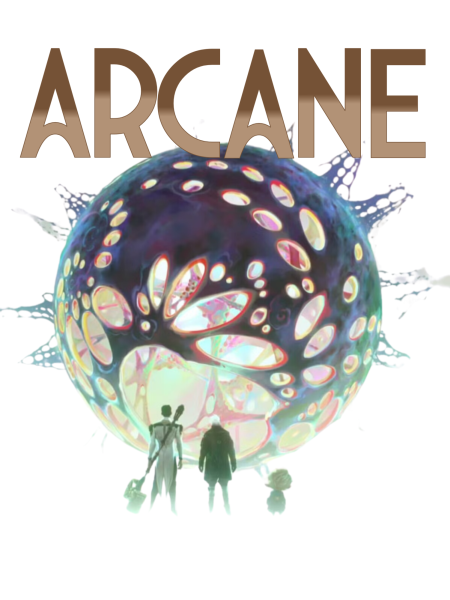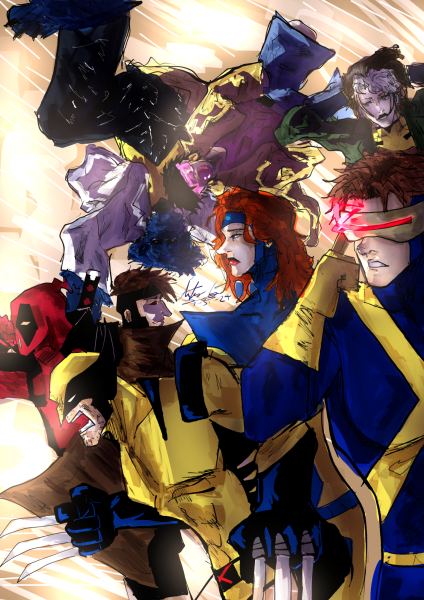Book Review: Witold Gombrowicz’s ‘Cosmos’
Max Lankford reads “Cosmos,” a novel described as a funny, strange, yet relatable story of finding meaning, purpose and reason amid chaos.
“I’ll tell you about another adventure that’s even more strange…” So begins Witold Gombrowicz’s award-winning novel, “Cosmos.” First published in Poland in 1965 and published in English two years later, the book would win Gombrowicz the International Prize for Literature in 1967 before his untimely death in 1969. It was only in 2005, however, that we got an English version translated directly from the Polish, for the original English version was translated from the French and German translations, and the 2005 translation is the version I will be reviewing.
The premise of “Cosmos” is a simple, albeit strange, one. A young man named Witold is looking for a cheap place to stay for relaxation as he prepares for an exam. Along the way, he runs into Fuks, a young man also looking for a place to stay who gives Witold the address for a place nearby. As they are walking, however, the two young men discover something both sinister and bizarre- a dead sparrow, hung by the neck with a piece of copper wire in the bushes.
The plot essentially becomes threadbare from here as Witold and Fuks decide to play detective and find out who did it. And by play detective, I mean they just cause trouble for their hosts, who are so strange that they barely even notice, and Witold and Fuks find clues that are just in their heads. In one scene, they interpret a simple scratch in the ceiling as an arrow that directs them to the garden, where they find a stick hanging by a thread. In another chapter, they find a piece of garbage pointing to the housekeeper Katasia’s window, and what do they do? Break into her room to investigate and look for “clues” that don’t even relate to the dead sparrow.
The novel itself is beautifully written in a mock-detective novel style that combines tropes from the classic detective novels and Gombrowicz’s stunning lyricism. The characters are diverse in their personalities and they all fit quite nicely together. The eccentric Leon, for example, provides quite the interesting counterpoint/balance to his more neurotic wife and their daughter, Lena, who is indifferent to the strangeness of her family, balances out Witold’s quirkiness.
The plot, however, is a mixed bag. I found it rather intriguing at some parts, but it dragged in some places and it completely fell apart at others. However, the characters and prose make up for it. The novel can be very turgid and near incomprehensible at times, especially in the final chapter and in other places where Gombrowicz uses description. The novel is quite slow, but if you have patience and perseverance, “Cosmos” is a funny, off-putting and quirky little gem from Poland.
Now, you may be asking me, “Jake, why would you pick this book as your first review, and why would I want to read it?” Well, I have a response to those questions and a few more you may have. I don’t know about you, but to me, this book was quite relatable as a high school student and a senior. Why? Because of its primary theme, making sense out of everyday chaos.
As high schoolers, we go through quite a lot in four years, and it can be tough at times. Chaos is everywhere in high school, with difficult classes, an endless sea of classwork, homework and tests, all of the required reading, and preparing for college. It can be too much sometimes and you just need something relatable to read and escape into, and that’s where this book comes in. “Cosmos” is a funny, strange, yet relatable story of finding meaning, purpose and reason amid chaos, even if that message is given through the image of a hanging sparrow.
IN SHORT:
Plot: 8/10
Characters: 10/10
Themes: 9/10
Prose: 9/10
Is it relatable for high school? Yes.

Morgan "Jake" Lankford
Staff/Reporter, The Pony Express.
Morgan "Jake" Lankford was a staff reporter for The Pony Express.





